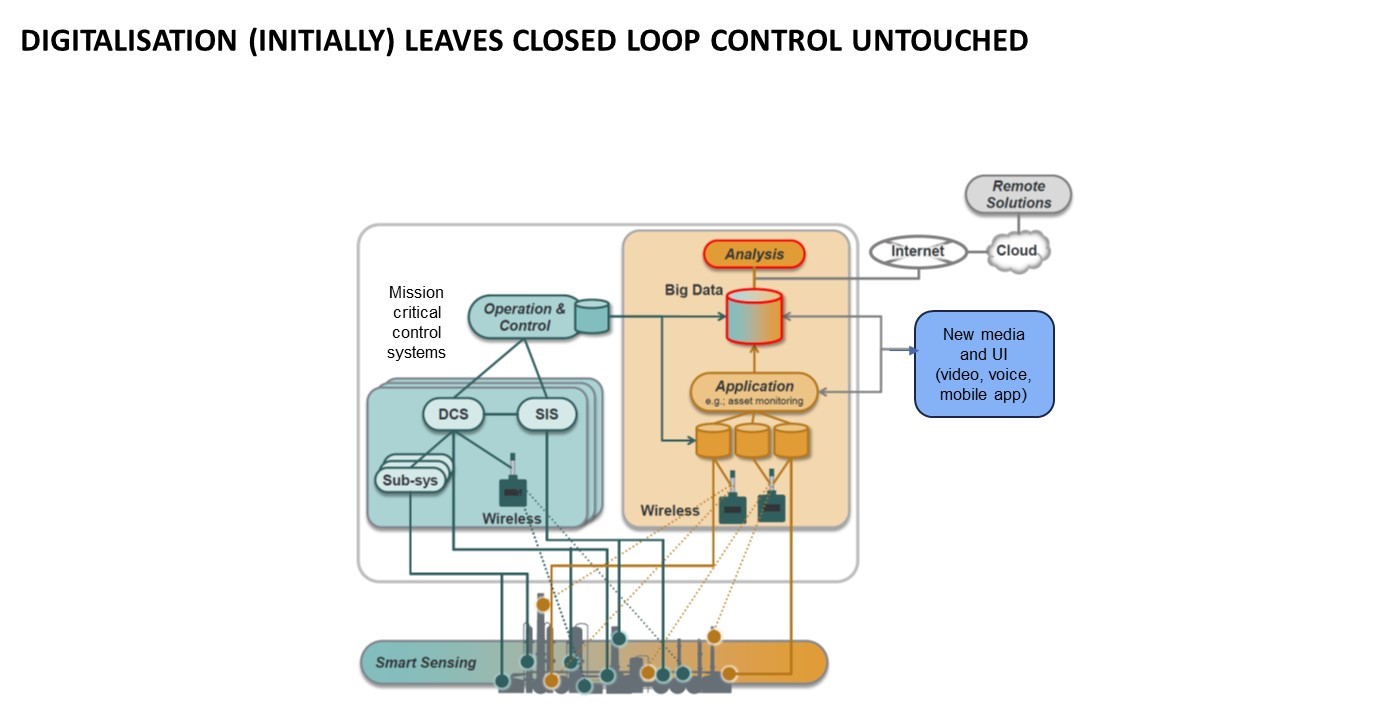

Industrial Automation and Digitalization
CASE: Industrial Automation can leverage digital consumer technology.
Lower cost, energy efficient and high performance ICT technologies will create further business benefits for industrial automation.
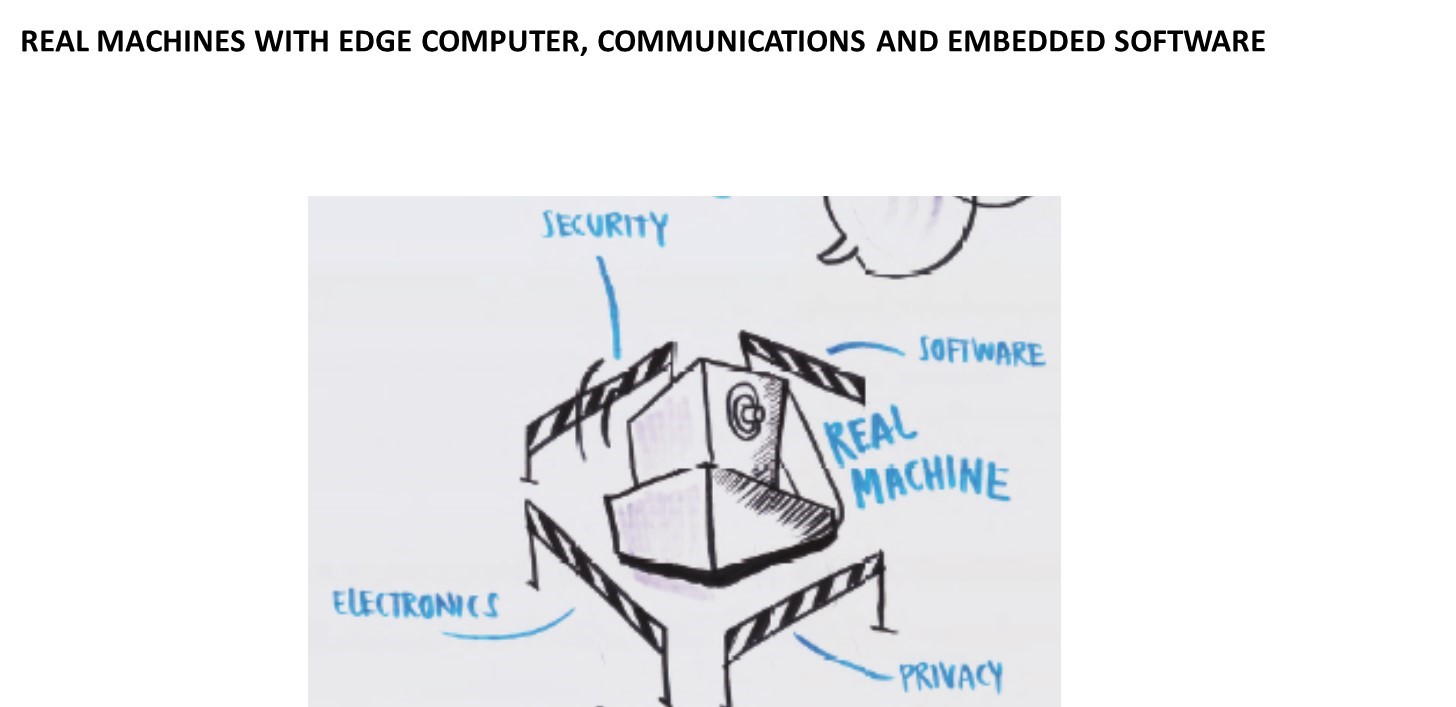
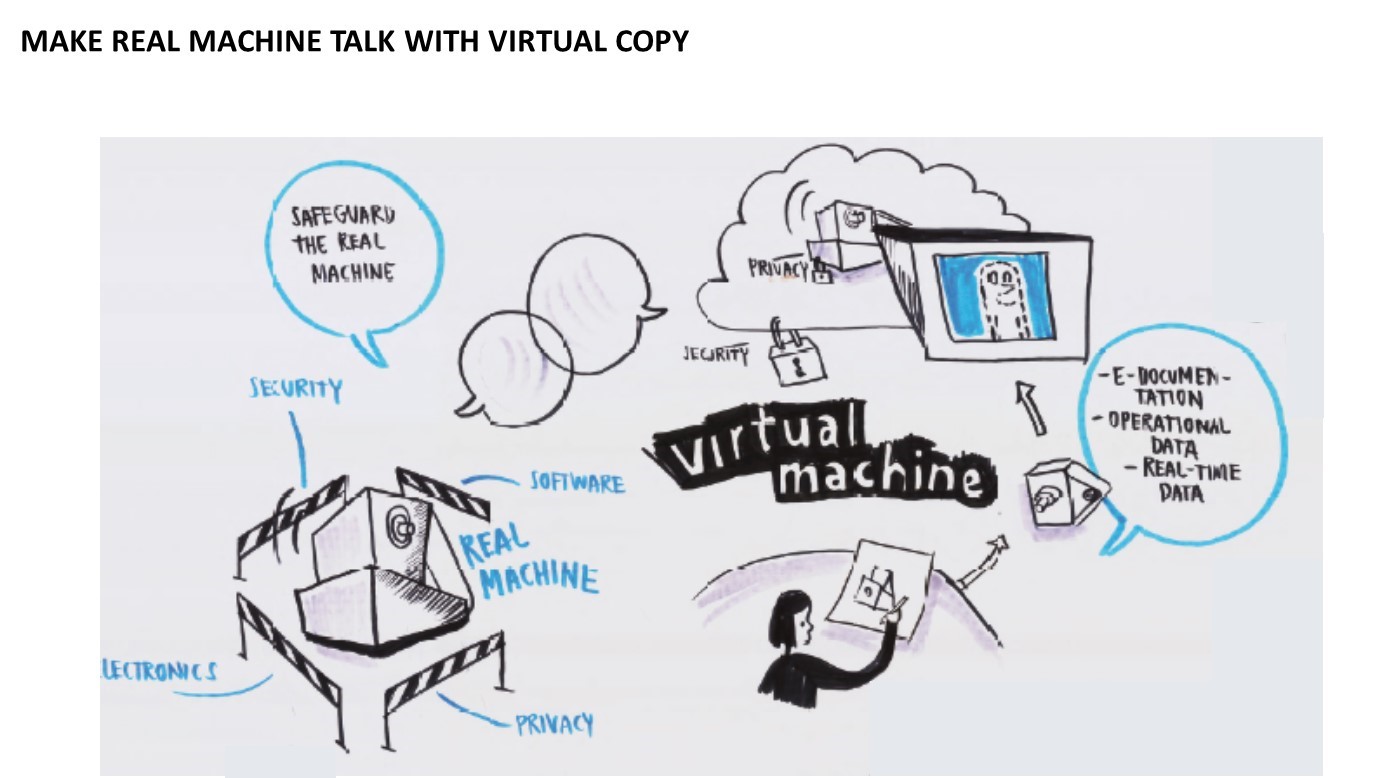
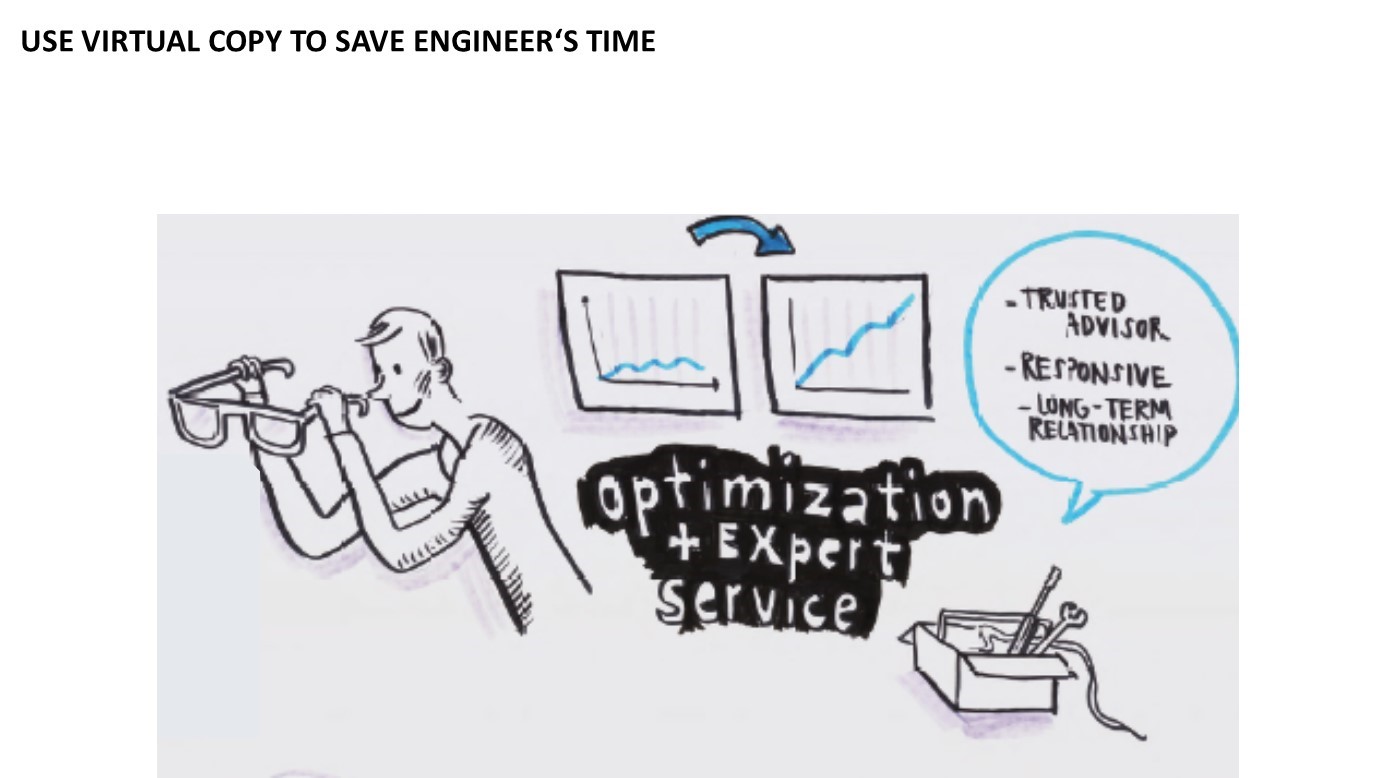
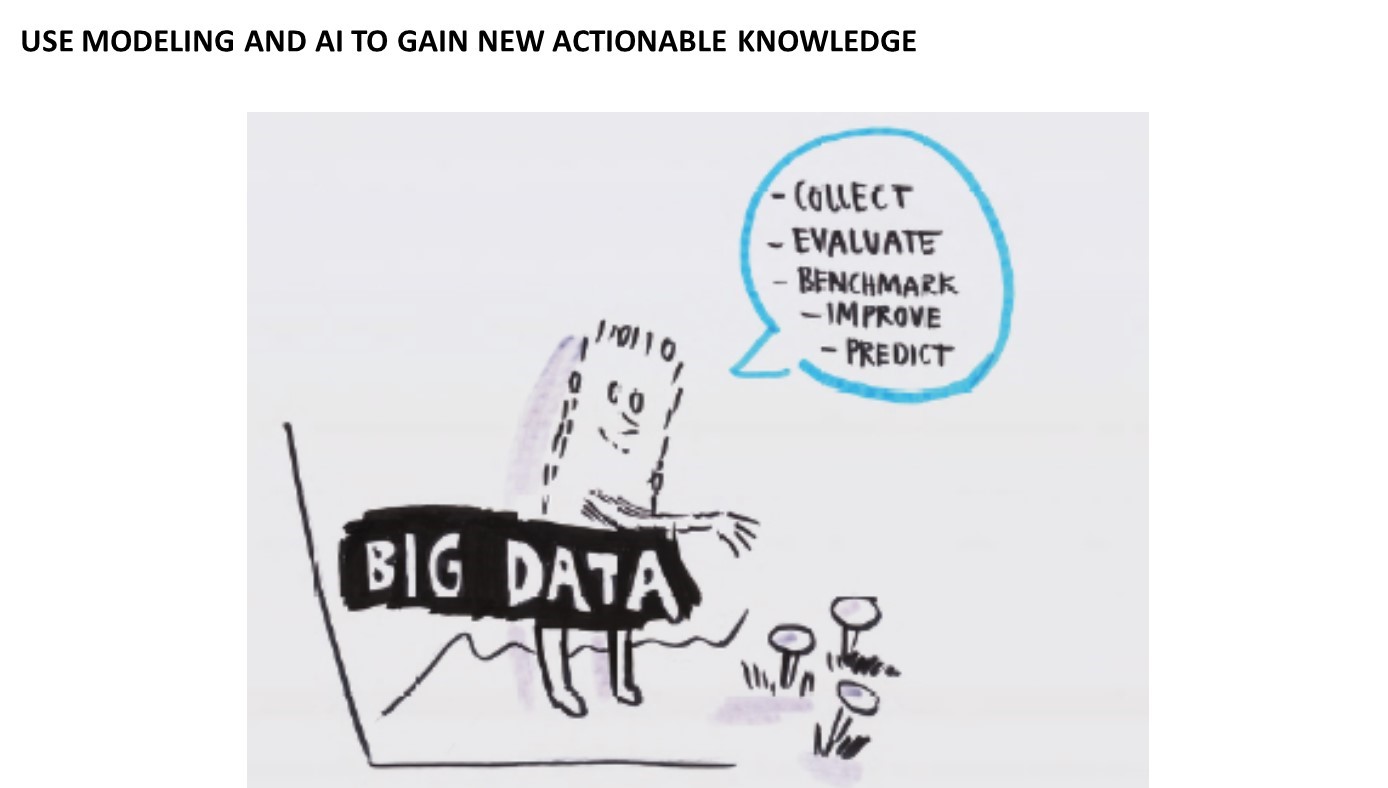
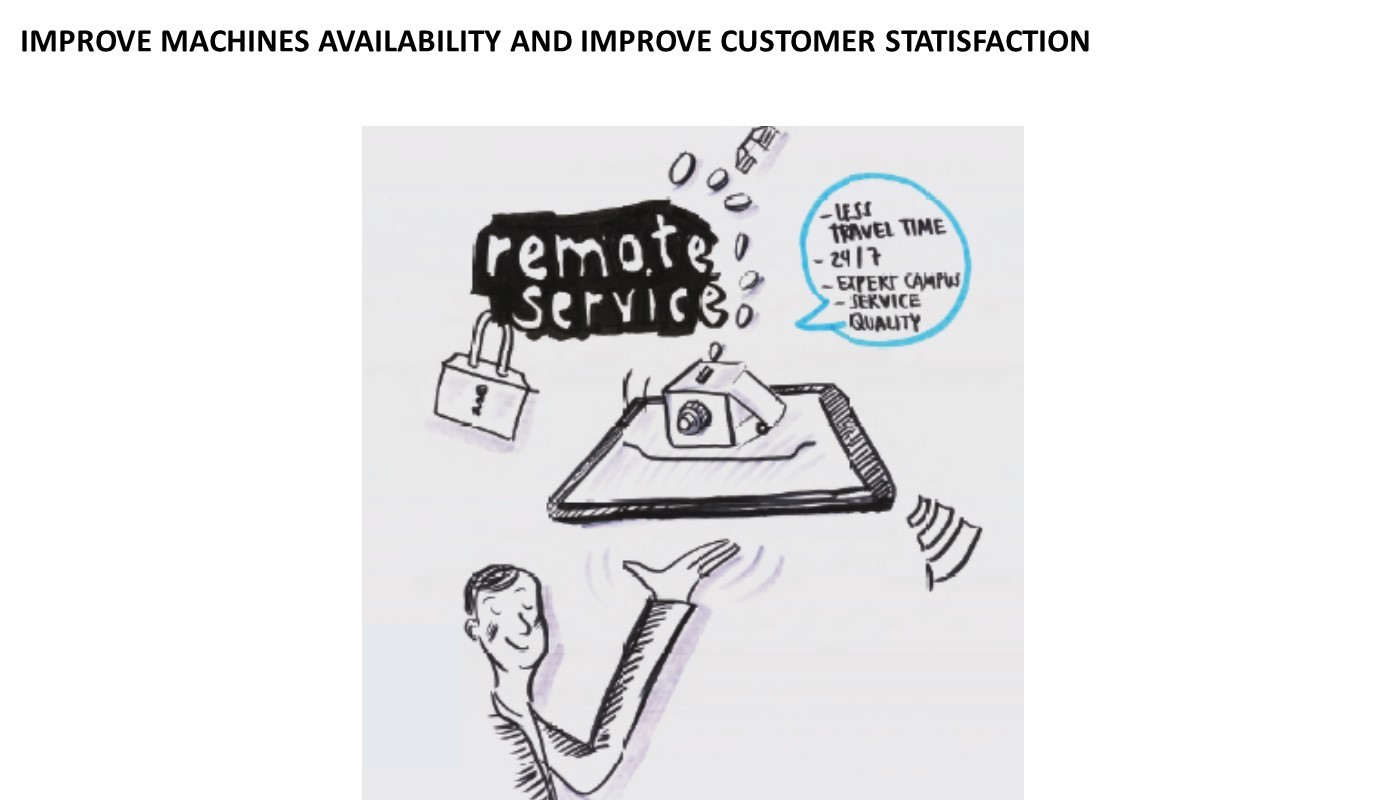
Since 2014 more smartphones were shipped than traditional computers (desktops, laptops and servers together) - over 400 million units annually. Most of them have unix inside running on a fast processor, adequate memory and persistent data storage.
The price due to the production volumes is affordable also for industrial applications and the quality is guaranteed by production volumes.The new consumer products are also Industrial grade electronics and software due to their production volumes.
- If the unit survives in a teenage boy's pocket why would it not survice an air-conditioned industrial cabinet?
- If you sell over million units per year how reliable does the product have to be?
The software architechture of Apple iphone and iPad, Windows Mobile and Android makes applications hardware independent and separates data from algorithms and user interfaces. This is fundamental for the lifecycle cost of the system.
The industrial High Availability requirements are easiliy implemented through:
- Communications though multiple embedded communication techniques (Bluetooth, 3G/4G/5G/6G, WLAN, Ethernet cable)
- Hardware through virtualization technologies (se
- Software leveraging the event-based architechture of the smartphone operating systems
- Security by design since smartphones are used for example consumer online banking applications - embedded security design is a given
- Over-the air upgrade on demand is standard in smartphones
